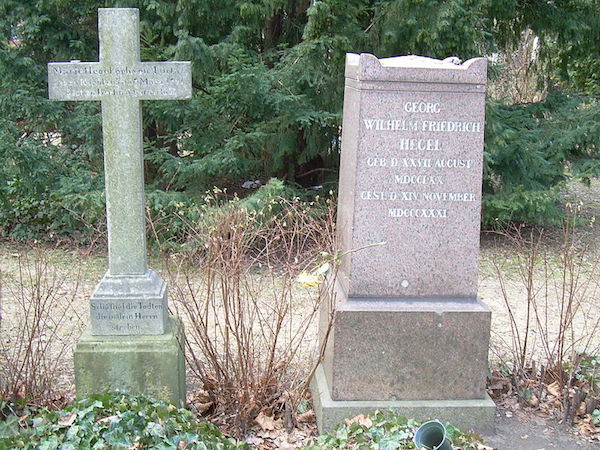“Berlin Notebook: Where Are the Refugees?” is a straightforward journal transcription of my experiences in Berlin during October 2015, a time when the influx of refugees in Germany and the rest of Europe was peaking. I have tried to be as faithful as possible in my reporting of interviews. I have not tried to verify the facts that people presented (when they told them to me); I have tried, rather, to convey the experience of talking with them, what it was like to be there, and to listen, to ask. The form of the interviews may seem to move like the “streaming” metaphor one finds everywhere in use to describe the movement of people across national borders.
This journal transcript will appear here in daily installments. It begins each day with the new installment; to read from the beginning, go to the “Berlin Notebook” archive and scroll down to find the first entry. An ebook version of the complete transcript will be made available soon.
—JW
Sunday, October 4
Severe hangover. Head throb pushes me out of bed. I move through the morning routine and get out the door to find a strong schwarzes Kaffee at Karaca, my local joint on Chauseestrasse. The guys who own and run the place, four or five of them, are always hanging out and kibitzing. The café is like a business-cum-frat house for them; it draws people in. I get my coffee zum mit nehmen (to go), and welcome the fresh air. Beautiful fall morning in Berlin to look for a shop that can remove my head and replace it with a pumpkin. Passing the Brecht Hause, I duck into the adjacent park to find a bench and mentally lick my brain.
Within about 30 seconds I realize I’ve wandered into a cemetery. Empty of pedestrians, the only ones here are prone. The sound of my feet on the small gravel paths is a kind of acoustic cereal for my ears, oddly soothing. I find Brecht’s grave, then the stones for Hegel, Fichte, Heinrich Mann, Elisabeth Hauptmann, Paul Dessau, Hans Eiler, Ruth Berlau . . . I’ve unwittingly dropped into the Friedhof of the Dorotheenstädtischen Gemeinde on Chauseestrasse, probably the most celebrated cemetery in Berlin. I find a stone bench.
Where were the refugees; who are they; what stories do they have to tell, what songs and poems do they carry with them in memory; what nightmares; what dreams, what hopes, what sorrows. To capture the force of their movement, I only ever hear one metaphor used, that of water — a flowing, a stream, a wave, a tide, a torrent; water moving so fast and hard it’s impossible to stop and difficult to control. And new moving water has no name; it is merely the sum of its parts, anonymous, ahistorical, and once in motion inexorable. My companions here in this plot devoted themselves to thinking about the force of history and the emblematic lives that expressed it, added to it. What was there to add? God, my head hurt. So I sat there a while, very still, in the sun, with the famous German dead.


